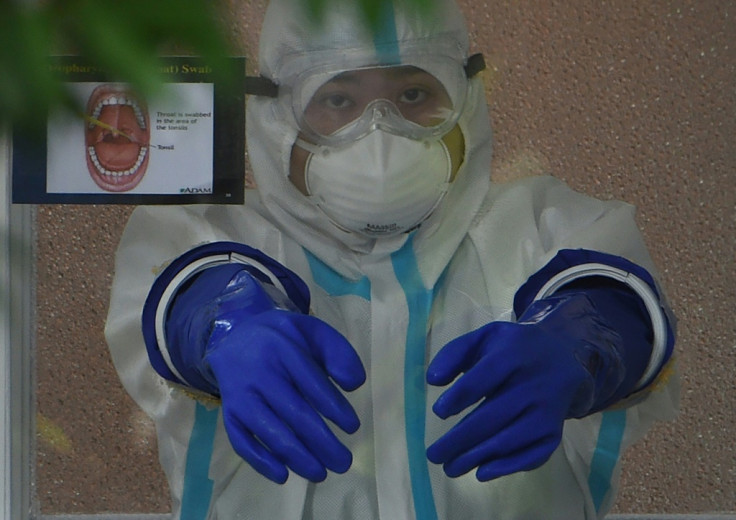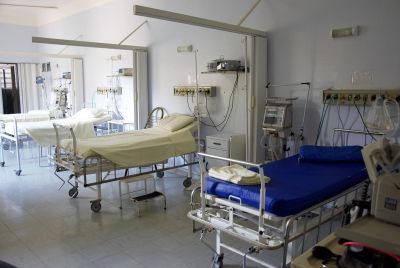Scientists warn rare COVID-19 complication GBS could leave patients paralysed
In this study, coronavirus patients form three Italian hospitals were under observation from Feb. 28 to March 21, 2020.
While it might seem that healthcare experts already have a grasp on all that is there to know about SARS-CoV-2, the fact remains that there is still more to learn about it. Medical researchers are discovering something how the coronavirus could lead to a cure later on. Perhaps the most common complications include pneumonia and acute respiratory distress syndrome (ARDS). However, it appears that there might be a rare one that could leave patients paralysed. Scientists studying COVID-19 are reportedly observing cases of Guillain-Barré syndrome (GBS).
Presently, the World Health Organization (WHO) has already shared some precautionary measures to prevent transmission. Moreover, it also published details as to how people are diagnosed and the symptoms that may manifest for those infected. A group of doctors working for the Mondino Foundation in Italy are apparently recording instances wherein patients are showing signs of GBS. This includes numbness, weakness, and pain as the immune system.
In this study, coronavirus patients form three Italian hospitals were under observation from Feb. 28 to March 21. Among the groups, five allegedly developed Guillain-Barré syndrome, according to the Mirror. This complication can leave people in a state of temporary paralysis. Four of those who identified with GBS complained of paresthesia (a prickling or burning sensation in the skin) and lower-limb weakness. One encountered facial paralysis which left him with speech problems.
According to Dr. Gianpaolo Toscano of the Mondino Foundation, "The interval between the onset of symptoms of COVID-19 and the first symptoms of Guillain–Barré syndrome ranged from 5 to 10 days." Meanwhile, the National Health Service (NHS) explains that " Normally the immune system attacks any germs that get into the body. But in people with Guillain-Barré syndrome, something goes wrong and it mistakenly attacks and damages the nerves."

Kent hospital divisional director Dr. Jonathan Kwan recorded a similar case wherein NHS radiographer Paul Skegg experienced GBS after he was diagnosed with COVID-19. Thankfully, he has purportedly recovered after neurologists and other medical care professionals of the facility conducted a "groundbreaking" therapy. This involved an immunoglobulin infusion from a plasma extract that supposedly resulted in a rapid recovery.
© Copyright IBTimes 2025. All rights reserved.





















